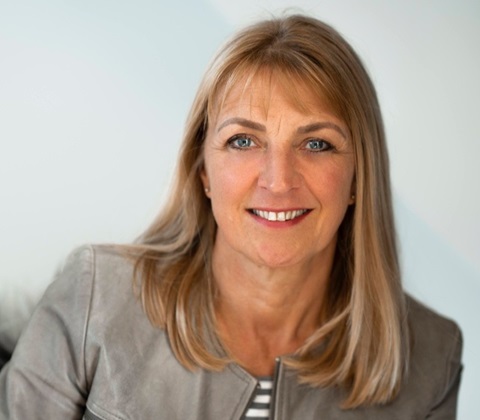“Successful change is primarily about the perspective on a particular issue of the actors involved. Their viewpoint determines their picture of reality and vision of the future. You have to harmonize these viewpoints in order to give direction to the future reality, the change.” This is one of the conclusions from Jolanda Kroon’s doctoral research ‘Perspectives on change within organizations’. She asked 27 respondents about their perception of reality and their vision of the future of hospital organizations in the changing context of healthcare. On June 18, she successfully defended her PhD dissertation at Nyenrode Business Universiteit.
When Kroon started her research study eight years ago, she started with the question why implementing change proved to be so difficult in practice. She noticed that the vast majority of change programs fail, and that organizations then simply move on to the order of the day.
 A new
reality
A new
reality
For change to be successful, you have to be aware of the different perspectives on a topic, Kroon now knows: “Change involves many different parties (actors) with varying roles, positions and tasks. They all have different (and partly opposing) interests and views, but also as individuals everyone looks at things from a different perspective, and therefore sees a different reality.”
This other reality already starts with language-based communication. “What concepts are used and how do we define them? It seems so obvious,” Kroon explains, “but I asked the respondents a seemingly simple question, to define what a hospital is. And all 27 respondents gave a different answer. So it starts with an exploration of perspectives. For example, are we an independent entity or a service provider within a chain?”
Ownership
In addition, according to Kroon, there is the misconception that there always has to be a common goal. Kroon’s advice: “Clarify the different interests and perspectives and set a goal that is compatible with and incorporates all those perspectives. In this way, , you create ownership, rather than a common goal the various stakeholders will not support. Note that it is important not to confuse perspectives with interests and views.”
In order to continuously adapt to an ever-changing environment, it is important for management to provide direction by setting frameworks and adjusting them as and where necessary. Professionals can then flesh out the implementation. Together, step by step, they can work towards a solution-oriented way of working, at the same time organizing a new reality. Management plays a facilitating role rather than imposing direction top-down.
Facilitating role
Kroon indicates that there is no right or wrong in a change process. “That’s why a facilitating role of management is so important. The various perspectives can offer totally different viewpoints of an issue and come up with solutions that you may initially think are improbable. It is crucial to explore elements of resistance and listen carefully to find out what the underlying motives are. Herewith it is essential to look at a person’s interests based on their role, the different views as a result of their position and their perspective on the situation.”
Nowadays, the challenge in organizational change is speed, Kroon concludes. “There is so much happening at the moment, that changes are coming from all angles. It is hard to be agile all the time.” Therefore it is essential to put people in the first place. “The adaptability is there and even in large organizations people believe in it. However the success of change is in the way people look at their reality and the desired future.”
